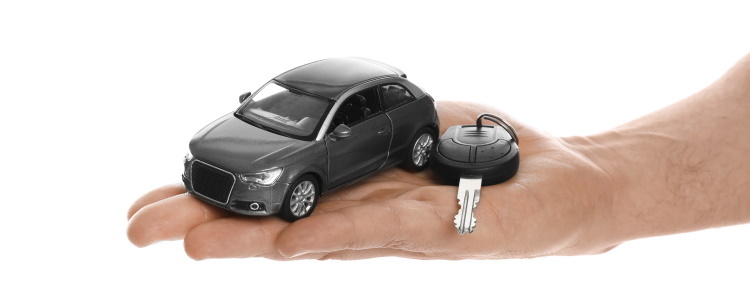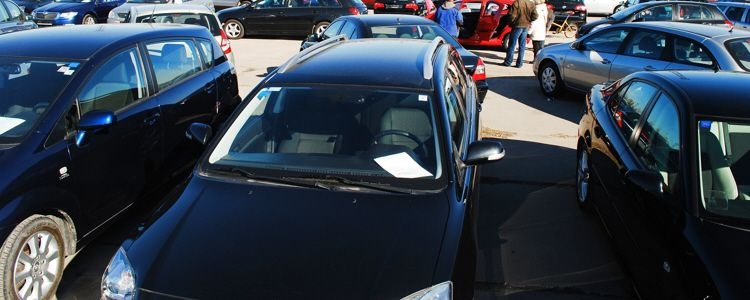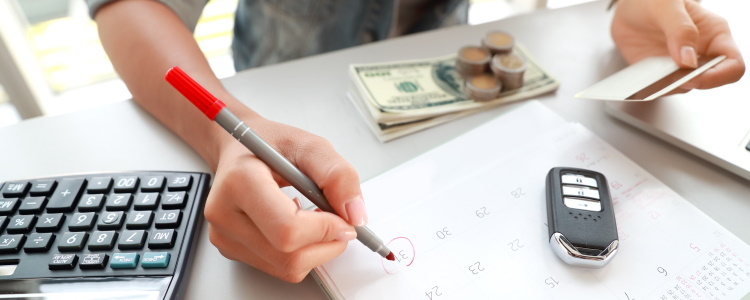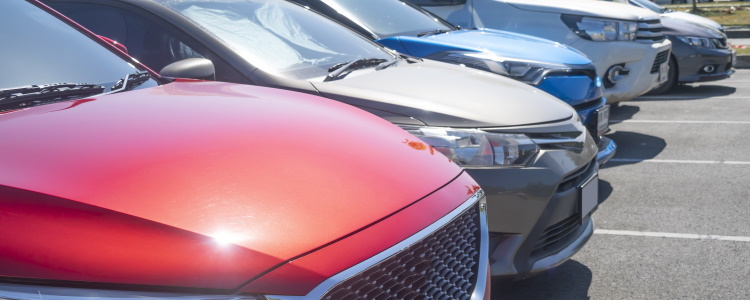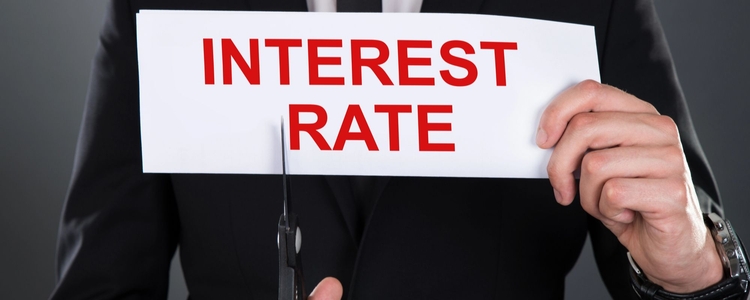You can sell your vehicle even if you still owe money on it. It’s pretty common, actually, and if you can get an offer that covers your loan balance and more, then you can use that leftover cash to put toward your next car.

I Want to Sell My Car but I Still Owe Money
Selling a Car You Still Owe On
 A vehicle that has a loan has a lien on the title; a lien gives the lender ownership rights because you haven’t repaid the loan completely. To remove the lien and sell the car, you must pay off the entire loan balance.
A vehicle that has a loan has a lien on the title; a lien gives the lender ownership rights because you haven’t repaid the loan completely. To remove the lien and sell the car, you must pay off the entire loan balance.
Finding out how much money you owe on your vehicle can be easily done by calling your lender, or checking your balance online if you have that luxury. You can request a 10-day payoff amount, which tells you the auto loan balance plus 10 days of interest charges.
You can sell your car to an individual or a dealership if you get a high enough offer that pays off the amount you owe on the loan – it’s up to you. There’s no rule that states you must trade in your vehicle to a dealer if you have a loan on it.
When you owe less on the car than its value, it’s called having equity, and this is the position you want to be in. For example, if you can sell your vehicle for $5,000 and you only owe $2,000 on the loan, that extra $3,000 that wasn’t used to pay off the loan can be put right back into your pocket or used for your next car.
The Car’s Value
If you want to have an idea of how much your vehicle is worth, you have resources right at your fingertips. Determining a car’s value isn’t a perfect science, but you can get pretty close thanks to the internet.
There are multiple vehicle valuation sites out there, such as Kelley Blue Book. Simply enter in your car’s information (truthfully), and you can usually get an estimated trade-in value and a private party value.
Keep in mind that these sites can only provide estimates. If you were to trade in your vehicle to a dealership, the dealer is the one that ultimately determines the trade-in value of your car.
However, you can give yourself some bargaining power by having multiple estimates from different places. You could also take the time to see what others are listing your vehicle for online or in automotive trading magazines. If you walk into a dealership with no idea what your car is worth, then you don’t have a lot of power when it comes to haggling.
If you don’t want to trade in your vehicle to a dealer, you can always list it yourself and sell it to a private party. You can set your own price this way, and try to get as much out of it as you can. You’re likely to be met with parties who want to bargain, but, again, if you have the estimates in hand, you can hold more power in negotiations.
Trade In or Private Party?
If you’re not sure whether you should trade in your car to a dealership or private party, think about what you need next and your life situation right now.
Do you have another vehicle, or are you selling your current one with the intention to upgrade right away? How much time do you have to list and sell it yourself, and do you have time to head to the DMV with the seller to transfer ownership? Are you available enough to meet up with potential buyers that want to see and test drive the car?
You’re more likely to get a higher offer if you sell the vehicle yourself, since you can set the price yourself. However, this option usually takes more effort.
Trade-ins usually come with lower offers, since dealers typically prep them to be sold later, but this is usually an easier way to sell your car since the dealership handles most of the paperwork. Typically, you can trade in your vehicle and drive off the lot with another one on the same day, which may not be possible if you sell your current car yourself.
Bad Credit and Trade-Ins
If you have bad credit, using your vehicle as a trade-in at a dealer to cover a down payment requirement could be a good move, too. When you have poor credit, you can almost guarantee that you’re going to be asked to have a down payment. Trade-ins with equity can be used to meet a bad credit auto lender’s down payment requirement, since it doesn’t have to be met with cash alone.
Dealerships with bad credit lending options are called special finance dealers, and these lenders almost always ask for a down payment of at least $1,000 or 10% of the car’s selling price.
If you don’t have a lot of cash saved up for your next vehicle and you have a lower credit score, then trading in your car might be a good move if you don’t want the hassle of selling it yourself and you need a bad credit auto loan right away.
Bad Credit Car Dealerships
If you’re ready to look for a dealership that can take your vehicle off your hands and your credit has seen better days, then look no further for happier days ahead.
Here at Auto Credit Express, we’ve gathered a nationwide network of dealers that are signed up with bad credit auto lenders. Get connected to a dealership in your local area by filling out our free car loan request form.

Senior Auto Financing Editor
Suggested Posts For You
Receive Free Updates
Get the latest credit tips, resources and advice delivered straight to your inbox.

